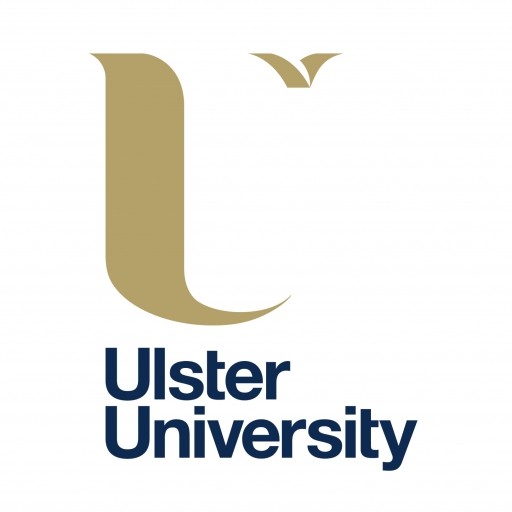Photos of university / #teessideuni
Advertisement
This programme is appropriate for you if you hold a first degree in a science, engineering or management discipline, and want to develop the skills and confidence to address the critical global challenges of energy and diminishing natural resources. Clean energy and optimal use of resources, the key issues facing society, are the fundamental themes of the programme.
Our dependency on hydrocarbon-based resources is explored together with strategies and technologies to decarbonise the economy. The course examines waste management practices and policies, industrial symbiosis and emerging risk management techniques. The environmental, economic and sociological (risk and acceptability) impacts of renewable energy provision and waste exploitation are addressed as central elements.
The programme develops the problem-solvers and innovators needed to face the enormous challenges of the 21st century and who can play key roles in driving energy and environmental policies, and in formulating forward-looking strategies on energy use and environmental sustainability at corporate, national and global scales.
What you study
The programme of learning comprises six, 20-credit specialist modules followed by a 60-credit, in-depth research project. Energy, environment, risk managing projects, sustainability and integrated waste management are the main foci of the programme, but you also explore the financial aspects of energy and environmental management since economics is integral to the development of policies and is often a key influencing factor.
The aim of the programme is to develop in you, a comprehensive knowledge and understanding of the role and place of energy in the 21st century and the way the environment impinges on the types of energy utilised and the methods of production. It also aims to investigate the environment as it is perceived, and contextualise its actual importance to mankind. Specific objectives for this course are to establish the financial validity for the pursuit of alternative energy forms and management of the environment.
You are encouraged to take up opportunities of voluntary placements with local industries in order to conduct real-world research projects. These placements are assessed in line with the assessment criteria and learning outcomes of the Project module of the course.
How you learn
The course has been designed to provide a number of contact teaching and assessment hours (through lectures, tutorials, projects, assignments), but you are also expected to spend time on your own, called 'self-study' time, to review lecture notes, prepare course work assignments, work on projects and revise for assessments. For example, each 20-credit module typically has around 200 hours of learning time.
In most cases, around 60 hours are spent in lectures, tutorials and in practical exercises. The remaining learning time is for you to gain a deeper understanding of the subject. Each year of full-time study consists of modules totalling 180 credits; hence, during one year of full-time study a student can expect to have 1,800 hours of learning and assessment.
How you are assessed
Modules are assessed by a variety of methods including examination and in-course assessment with some utilising other approaches such as group-work or verbal/poster presentations.
Professional placement
There may be short-term placement opportunities for some students, particularly during the project phase of the course. This University is also in the process of seeking accreditation for the Waste Management module from the Chartered Institution of Wastes Management.
Career opportunities
Successful graduates from this course are well placed to find employment. As an energy and environmental manager, you might find yourself in a role responsible for overseeing the energy and environmental performance of private, public and voluntary sector organisations, as well as in a wide range of engineering industries.
Energy and environmental managers examine corporate activities to establish where improvements can be made and ensure compliance with environmental legislation across the organisation. You might be responsible for reviewing the whole operation, carrying out energy and environmental audits and assessments, identifying and resolving energy and environmental problems and acting as agents of change. Your role could include the training of the workforce to develop the ability to recognise their own contributions to improved energy and environmental performance.
Your role may also include the development, implementation and monitoring of energy and environmental strategies, policies and programmes that promote sustainable development at corporate, national or global levels.
Core modules
* Concepts of Sustainability
* Environment
* Integrated Waste Management and Exploitation
* Project
* Renewable Energy Sources and Carbon Mitigation
* Risk Management in Engineering Projects
* The Economics of Climate Change
Modules offered may vary.
Want to improve your English level for admission?
Prepare for the program requirements with English Online by the British Council.
- ✔️ Flexible study schedule
- ✔️ Experienced teachers
- ✔️ Certificate upon completion
📘 Recommended for students with an IELTS level of 6.0 or below.
Postgraduate funding support
From September 2013 benefit from a 10% fees discount towards your postgraduate taught course (part-time or full-time) if you:
* are a continuing Teesside University student progressing from an undergraduate to postgraduate course or
* have graduated from an undergraduate course at Teesside University within the last two years (2011-12) or
* graduated with first-class honours from an undergraduate course at any other university within the last two years (2011-12)









